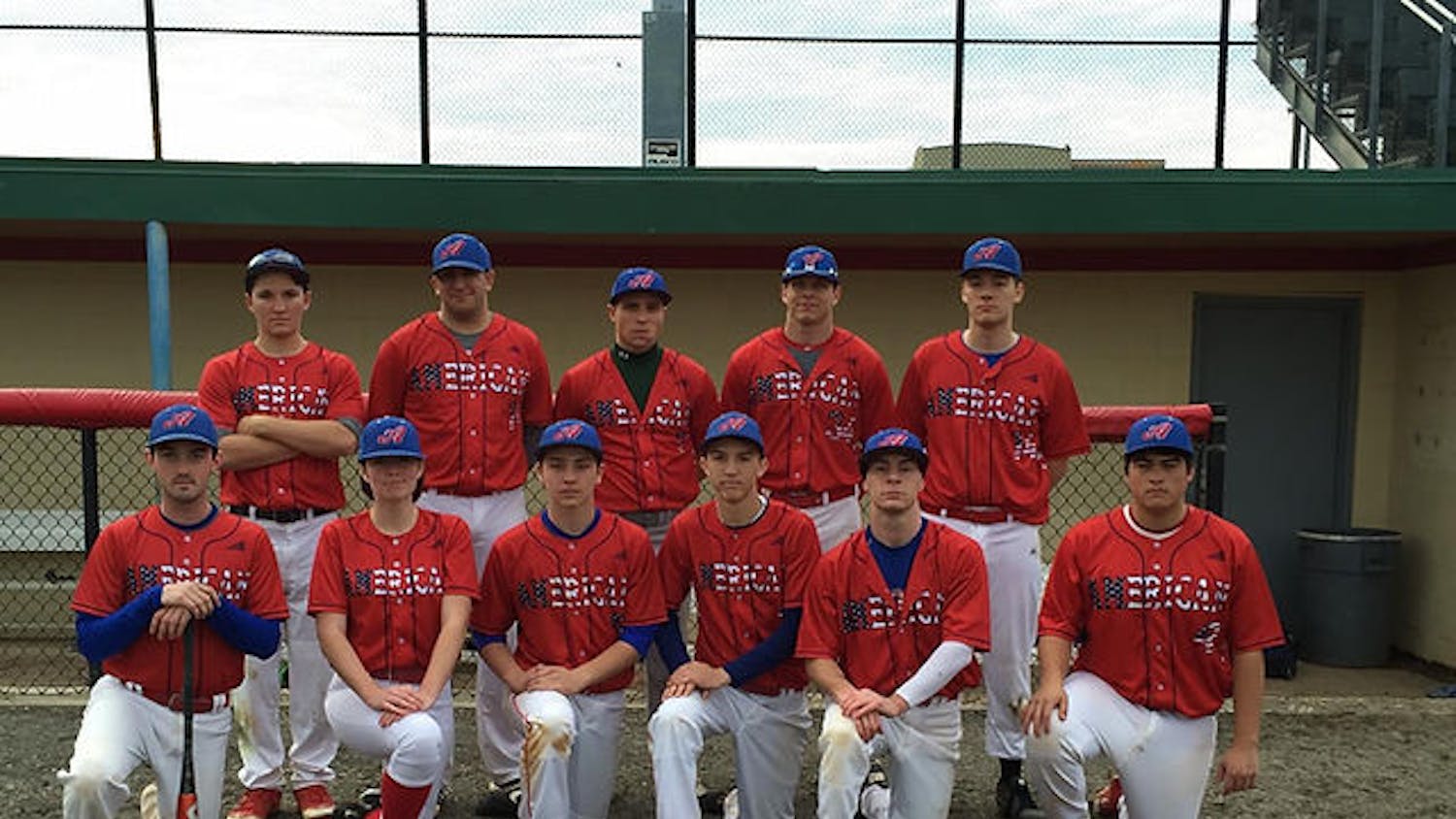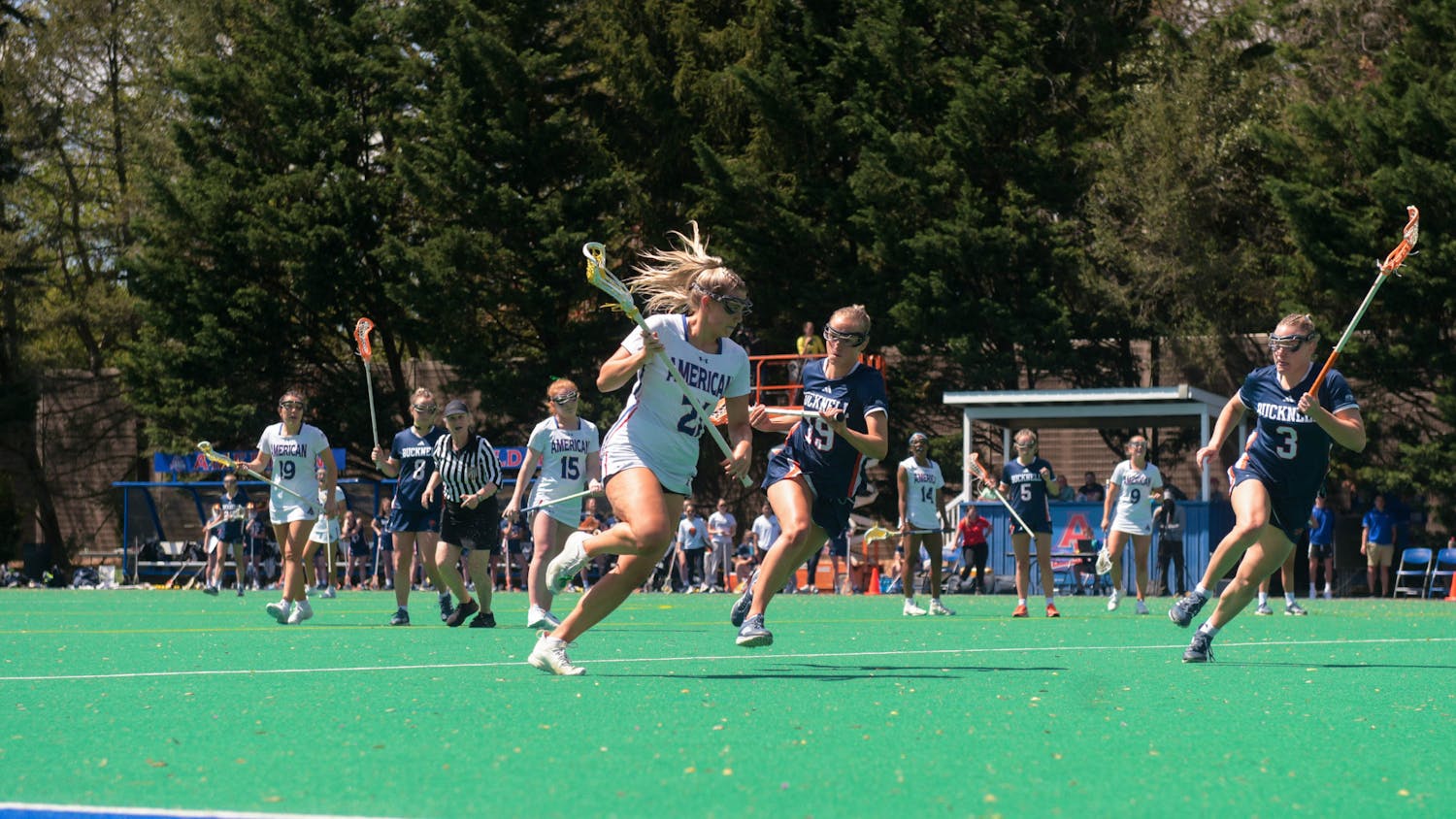With the fall of Aleppo to pro-Assad forces, the international community is on the edge of its seat. What’s next for Syria? Ostensibly, if the civil war is over, refugees can go back to Syria like they want to and the international community gets out of its responsibility to help them (which it was never really good at doing in the first place).
It remains: the end of the war in Syria is not the end of suffering for Syrians.
Eleven million people were forced to flee their homes or face death. Of those people, 2.5 million were children and over half of those children lost their parents, their homes and their chance at an education.
We are dealing with a lost generation. This is not the same kind of lost generation that was seen after either of the World Wars, when a generation of men was simply no longer there. This is worse. This is a generation who is still alive, but has been cheated out of its potential to be successful and productive members of society. An entire generation has lost the right to a quality education.
In article 26 of the Universal Declaration of Human Rights, children have the right to a free, quality primary education. This right does not come from western values of the freedom to “be a kid.” Rather there is something much more important underpinning the right.
Our brain works by creating connections called neurons. These neurons are the basis of skills we need in order to function in our social spheres. Our brains make the most neural connections by the time we are 2-years-old. By the time we are 12, it becomes hard to make new neural pathways.
Our brains are also subject to neural pruning, which means that the neurons that aren’t used frequently enough disappear. Getting an education is important in the first place, but it is equally important to maintain one. Children who have been forced to leave Syria through no fault of their own are losing the chance to make and maintain these important neural networks that are desperately needed to help rebuild Syria when this is all over with.
Of those who are registered Syrian refugees in Lebanon, only three percent of children ages 5 to seventeen attend school. In Jordan, the number of refugee children in school has increased, but tens of thousands of children are left behind. In Turkey, around 70 percent of Syrian refugee children are not enrolled.
Money and documents are keeping the doors to schools shut. Many countries require ID cards, vaccination records and other documents to be officially enrolled in school. These are not easy for many refugees to acquire. For those who have documentation or for those living in countries with relatively relaxed ID laws, money becomes the main inhibiting factor.
Jobs are limited, if available at all, for refugees. Many families are incredibly poor and require their children to work for survival. Even when children are not required to work long hours, there is rarely money for transportation or school supplies.
Children who are able to get to school often experience a low standard of schooling due to stresses on the education system caused by the large numbers of children enrolled. Those that are not able to get into a school but can spare some time for their education go to unofficial schools taught by their parents or other children.
Teacher shortages also keep countries from fully integrating all refugees into their schooling system. Some schools have a “two shift” system to try to accommodate a large number of children with the same limited infrastructure and relatively the same number of teachers.
However, when the teachers get to the second shift, which are reserved mainly for refugee children, they are often too tired to teach effectively or at the same level. Many teachers have also still not been paid for their extra efforts since September 2015, decreasing the number of teachers even willing to teach the second shift. Those who are still teaching are not prepared to take on the unique challenges of educating refugee children.
The fact of the matter is that the children of Syria have an enshrined right to quality primary education that they are being denied. That education is not going to magically come back once the war is over, rather the international imperative to help these children will continue long after the war is over. The international community might as well get used to helping out now, before too many neurons are lost.
Taylor Gilson is a first year graduate student in the School of International Service.




